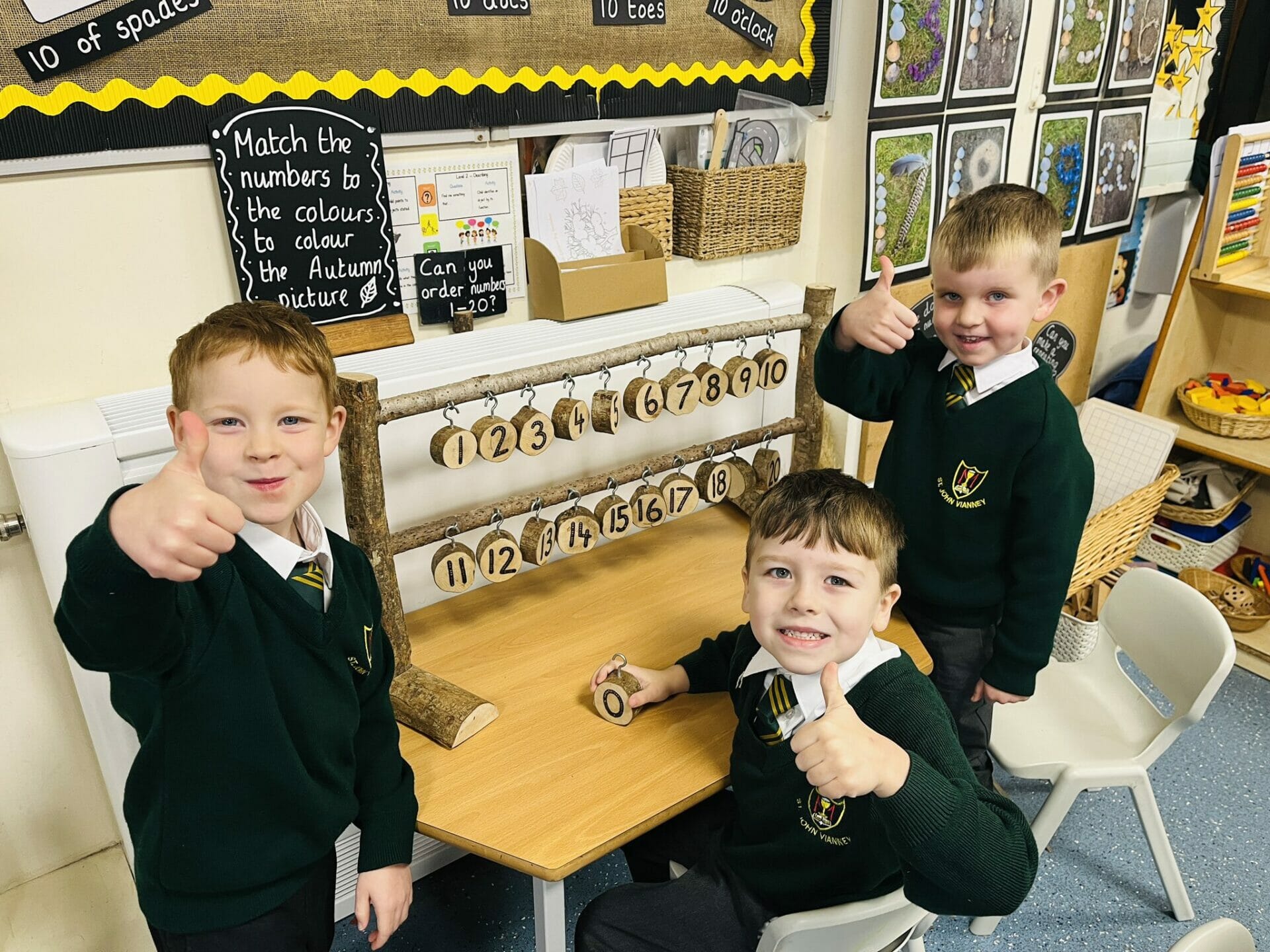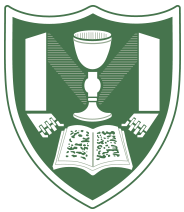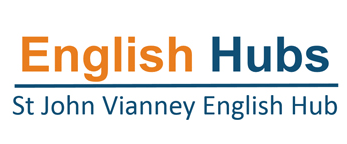
Mathematics
Intent
We value a maths curriculum that is creative and engaging. Maths is the foundation for understanding the world and we want our children to know the purpose behind their learning and to apply their knowledge to their everyday lives. Our children will develop the necessary skills to make them “deep thinkers”. They will become fluent in maths skills that can be recalled quickly and transferred and applied in different contexts. They will be able to make rich connections across the areas of maths and use their knowledge in other subjects.
Implementation
Here are St John Vianney we follow the White Rose planning and resources in order to ensure that our children have full coverage of the Maths National Curriculum and to allow our children to build upon topics, embedding concepts. All children are catered for within the maths lessons ensuring that the teacher offers the necessary support and challenge for each individual to make progress. We ensure that maths is taught in creative and engaging lessons using a wide array of maths manipulatives to aid and support our children in their learning. We aim to encourage the deepest of learning for our children so that their knowledge can be transferred and applied in many contexts including other subjects e.g. science and art and their everyday lives. Maths is widely promoted across the school and our classrooms have working walls that the children can utilise to support their learning and provide extra challenge.
Our aim is to ensure that the three core areas of the national curriculum are covered in all our lessons: fluency, reasoning and problem solving. We offer the children the opportunity to have varied and frequent practice of their maths skills with the focus on their ability to recall and apply their knowledge rapidly and accurately. Reasoning is a key area in all our lessons as our children need to be able to describe, explain, convince, justify and prove to be successful in this subject. Mathematical vocabulary is an essential part of each lesson and the children need to understand this within the area they are studying and be able to make rich connections across other areas within this subject. Each lesson provides children with the opportunity to reason through their ideas, use their mathematical language to explore a line of enquiry and problem solve routine and non-routine problems.
We hope to build problem-solvers of the future and build resilience in our children; essential skills they can use in all aspects of their learning. Here at St John Vianney we offer a wealth of enrichment activities to promote maths within our children’s lives including extra-curricular maths clubs and dedicated maths weeks in school.
Impact
What will this look like? By the time children leave our school they will:
By the end of KS2 we aim for children to be fluent in the fundamentals of mathematics with a conceptual understanding and the ability to recall and apply knowledge rapidly and accurately. They should have the skills to solve problems by applying their mathematics to a variety of situations with increasing sophistication, including in unfamiliar contexts and to model real-life scenarios. Children will be able to reason mathematically by following a line of enquiry and develop and present a justification, argument or proof using mathematical language.
Structure of a Maths Lesson
Maths lessons will incorporate:
- Anchor task to introduce the concept
- Independent work
- Deep and meaningful discussion using a rich mathematical vocabulary
- Concrete – pictorial – abstract approach
- Use of journals to record thinking
- Problem solving in a variety of contexts
- High quality questioning to extend thinking
All lessons will cater for the individual needs of the children and include some element of reasoning and problem solving. Questioning is a key part of the maths lesson – letting the children demonstrate what they know and challenging them every step.
- At the introduction of a new concept, ‘anchor tasks’ are completed; allowing children time to explore and discuss possible solutions to a problem. This is the time for the teacher to assess and extend the children’s thinking.
Children will complete weekly arithmetic lessons, allowing time to focus on fluency and developing shape, number and calculation facts.
To promote the use of mathematical thinking across subjects; all classes have a Maths continuous provision area, including challenges and reasoning activities.
Assessment:
Children are assessed at the beginning of each new topic to identify areas for development. This ensures that no moment is wasted, and children are taught to their individual needs. This assessment is completed again at the end of the topic. This shows progress and gives children confidence in their abilities.
White Rose Whole School Plan
Maths Overview
Numicon Guide for Parents
Maths Policy
Click Here
White Rose Calculation Policy - Addition and Subtraction
Click Here
White Rose Calculation Policy - Multiplication and Division
Click Here




Calculation Parent Workshop
Numicon Guide for Parents
We have a range of mathematical learning platforms for our children to access.
Click on the buttons below.
#SJVRA #SJVMaths Today, we are estimating amounts up to 20 and then using tens frames to check! ???? pic.twitter.com/POxlz3tO24
— St John Vianney (@sjvblackpool) April 20, 2023



